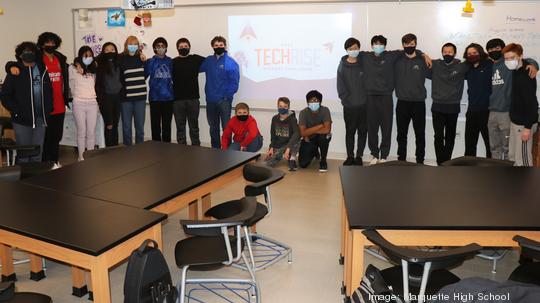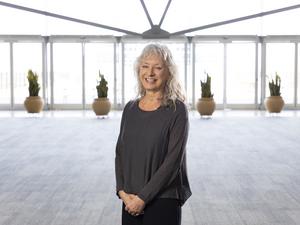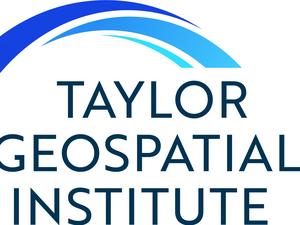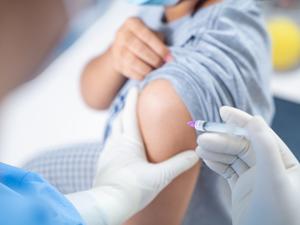
As an eighth grader at Rockwood School District’s Crestview Middle School, Ben Cook in 2018 created rocketry club Astral Orbit. He and his fellow classmates had a bold mission for their newly created student group: They wanted to launch a rocket into space.
Four years later and now students at Marquette High School in Chesterfield, Cook and fellow Astral Orbit leader Alex Chen joke their goal of building their own rocket and flying into space might have been a bit too ambitious.
“We realized that wasn’t going to happen because it’s way too difficult,” said Cook, a senior at Marquette and founder and captain of Astral Orbit.
However, thanks to a recent victory in a NASA student contest, Astral Orbit will meet its mission of going to space.
“It kind of goes full circle, which is crazy for us,” said Cook.
In January, Astral Orbit was named one of 57 winners across the nation in the inaugural NASA TechRise Student Challenge, a newly created contest for emerging and science, technology, engineering, and mathematics talent. The contest, which was open to teams and school groups in sixth to 12th grade, received applications from about 600 teams. The winning teams receive funding and assistance to their proposed projects, which will “autonomously operate and collect data” by being launched on a suborbital rocket or high-altitude balloon.
For Astral Orbit, the NASA TechRise Student Challenge is the latest rocketry contest it has competed in since its launch in 2018. It has also participated in The American Rocketry Challenge (TARC), which bills itself as the largest student rocketry contest globally. In 2021, Astral Orbit qualified for the national finals of the TARC contest. Chen, a junior at Marquette, said the student group decided to apply for the NASA TechRise Student Challenge after it stumbled upon information online about the competition.
“Essentially, we saw it and immediately were like ‘yeah, we could do this,’” said Chen, who is projects director, code lead and webmaster of Astral Orbit.
Astral Orbit submitted three entries for the contest and its winning proposal involves constructing a satellite to study regolith, or lunar dust, under microgravity conditions. Astral Orbit said NASA’s plan to return to the moon makes it “essential we understand how lunar dust interacts with human health and man-made machines so we can design systems to protect our astronauts and machinery.” Media reports have spotlighted lunar dust as a complication of operating on the moon, with an article from space news website space.com saying the dust is “abrasive and gets into everything.”
“If we want to have a sustainable presence on the moon, with a base there that’s being permanently staffed for months and years, we can’t be having the same regolith problem. We need to understand regolith much better,” Cook said.
By being one of the 57 winning teams in the NASA TechRise Student Challenge, Astral Orbit receives $1,500 to build its project, a flight box that will store its experiment and a chance to include its experiment on a NASA-sponsored rocket flight. The experiments are set to launch in 2023. Astral Orbit said it expects its experiment to be included on a rocket that will operated by commercial spaceflight company UP Aerospace and launched at Spaceport America in Upham, New Mexico.
Since being named a contest winner in January, Astral Orbit has developed designs for its project; collaborated with scientists from Future Engineers, the group managing the NASA TechRise Student Challenge; and received assistance from experts at NASA.
“We've sourced our regolith simulants directly from NASA, who have provided two samples that simulate the properties of real moon dust. We've also acquired spacesuit fabric from NASA and plan to test its interactions with the regolith in zero gravity. Our main struggle right now is coding - it's something that is relatively difficult and foreign to us for much of the equipment we're using, which is poorly documented,” Astral Orbit said.
In addition to assistance from outside experts, Astral Orbit’s leadership says several teachers at Marquette have helped with its efforts over the years. They include group’s facility adviser, Mariah Kirby, and Kevin Sharitz, who has given the team access to laser cutting and 3-D printing technology.
“The whole Rockwood support system is incredible,” Chen said. “What it does for us and what it does for our team, just having such a large number of people, who want to see us succeed and actually put in the time and effort to see us succeed and help us along our journey, it’s really heartwarming.”











